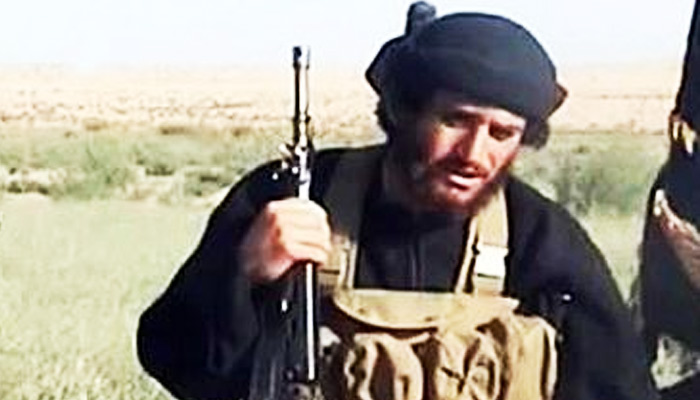You go to war with the whole world and you lose. Just ask Germany.
The hit-and-run thuggery of ISIS differed from Al-Qaeda and other terrorist organizations in one important way: It actually put stakes in the ground, conquering cities and laying claim to land. It sought permanence in a material way, aspiring to become a state.
It didn’t work out. Once other nations processed what was happening and started pushing back, ISIS began what will likely be a permanent retreat. Having grown more desperate, the terrorist organization began striking abroad, offering a few wild haymakers before the end of a losing fight.
When ISIS as a fledgling nation is permanently disabled, will the land it ruled, if briefly, in Iraq and Syria become a breeding ground for new terror groups and sectarian violence? Given the recent and distant history of the region, what’s past may be prologue. In a well-written Wall Street Journal “Saturday Essay,” Yaroslav Trofimov believes trouble won’t end when ISIS is extinguished, with factions that fought together against it perhaps turning on one another. An excerpt:
It is easy to think that Islamic State is still on the march. It isn’t. Over the past year, the territory under its control—once roughly the size of the U.K.—has shrunk rapidly in both Iraq and Syria. Islamic State has lost the Iraqi cities of Ramadi and Fallujah, the ancient Syrian city of Palmyra and the northern Syrian countryside bordering on Turkey. Its militants in Libya were ousted in recent weeks from their headquarters in Sirte. In coming months, the group will face a battle that it is unlikely to win for its two most important remaining centers—Mosul in Iraq and Raqqa in Syria.
It may be tempting fate to ask the question, but it must be asked all the same: What happens once Islamic State falls? The future of the Middle East may well depend on who fills the void that it leaves behind both on the ground and, perhaps more important, in the imagination of jihadists around the world.
As we mark the 15th anniversary this weekend of the terrorist attacks of 9/11, one likely consequence of the demise of ISIS (as Islamic State in Iraq and Syria is often known) will be to revive its ideological rival, al Qaeda, which opposed Mr. Baghdadi’s ambitions from the start. Al Qaeda may yet unleash a fresh wave of terrorist attacks in the West and elsewhere—as may the remnants of Islamic State, eager to show that they still matter.
“Simply having ISIS go away doesn’t mean that the jihadist problem goes away,” said Daniel Benjamin of Dartmouth College, who served as the State Department’s counterterrorism coordinator during the Obama administration. “Eliminating the caliphate will be an achievement—but more likely, it will be just the end of the beginning rather than the beginning of the end.”•


